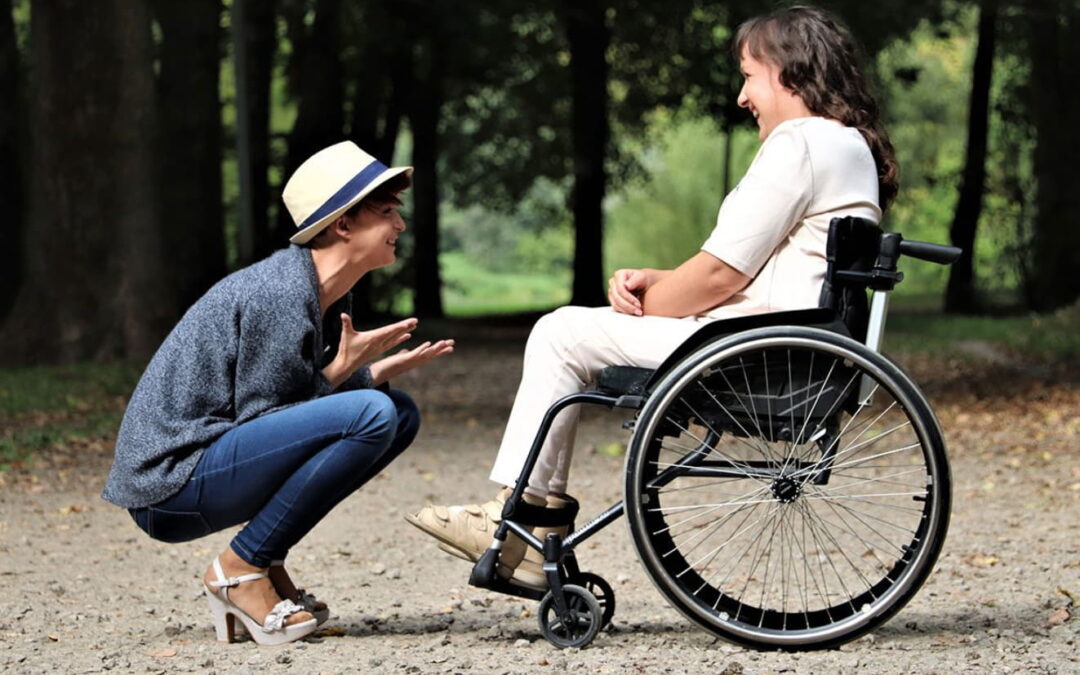Disability support refers to the range of services, assistance, and resources provided to individuals with disabilities to help them lead fulfilling and independent lives. The goal is to promote inclusion, equality, and dignity for people with disabilities by addressing their unique needs and challenges. Let’s explore how it helps disabled individuals and improves their overall well-being.
Personalised Care and Assistance
Disability support is tailored to the specific needs of each individual. Trained caregivers and support workers provide personalized care and assistance, addressing physical, emotional, and social needs to enhance the individual’s quality of life.
Independent Living Skills
For many disabled people, learning or relearning independent living skills is essential. It offers training and guidance in daily activities, such as personal care, cooking, cleaning, and managing finances, empowering individuals to live more independently.
Access to Education and Employment Opportunities
It helps disabled people access education and training programs, enabling them to acquire new skills and qualifications. It also provides support in finding suitable employment opportunities, fostering economic independence and self-sufficiency.
Social Inclusion and Community Participation
Feeling connected to the community and having meaningful social interactions is vital for everyone’s well-being. Disability support facilitates participation in social activities, community events, and recreational programs, reducing social isolation and promoting a sense of belonging.
Mobility and Accessibility
Disability support services may include assistance with mobility aids, such as wheelchairs, prosthetics, or walking aids, ensuring that individuals can move freely and access various places and services without barriers.
Emotional and Psychological Support
Living with a disability can be emotionally challenging, and disability support provides emotional and psychological support to cope with these difficulties. Counselling, therapy, and peer support groups are some of the ways disabled people can access mental health support.
Respite Care for Carers
It also extends to carers, providing respite care to give them a break from their caregiving responsibilities. Respite care allows carers to recharge and take care of their own well-being while ensuring their loved ones receive proper care.
Assistive Technology and Aids
Modern technology has significantly improved the lives of disabled individuals. It may include the provision of assistive devices, such as hearing aids, communication tools, and computer software, enabling greater independence and access to information.
Conclusion
Disability support is a vital and compassionate service that empowers disabled individuals to lead fulfilling lives. Offering personalised care, fostering independence, promoting social inclusion, and providing essential resources, help disabled people overcome challenges and embrace their abilities, ensuring they are valued and included members of society.

